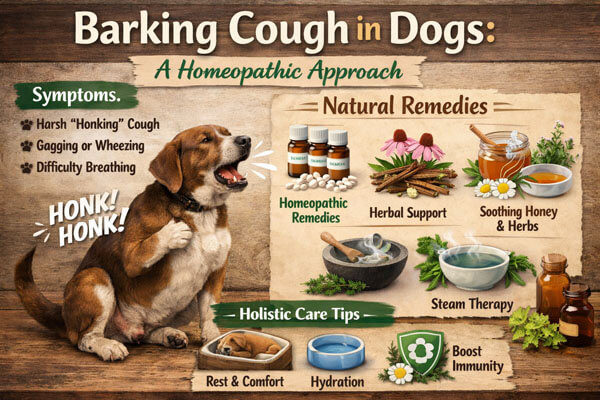
Foot and Mouth Disease (FMD) is a highly contagious viral disease that primarily affects cloven-hoofed animals such as cattle, pigs, sheep, and goats. However, it can also occasionally impact other animals, including cats. The disease is caused by a virus belonging to the Picornaviridae family, specifically the Aphthovirus genus. In cats, FMD manifests differently than in livestock but remains a concern due to its potential for rapid transmission.
FMD is characterized by the development of painful sores or blisters on the tongue, gums, lips, and sometimes the feet and udders of affected animals. It is primarily transmitted through direct contact with infected animals, contaminated feed or equipment, and even through the air over short distances.
Vaccination and stringent biosecurity measures are critical in controlling and preventing outbreaks of FMD in livestock. While there is no specific FMD vaccine for cats, managing the disease in feline populations focuses on supportive care and symptomatic treatment, including the use of homeopathic remedies.
Top Affected Breeds
Cats of all breeds can potentially be affected by FMD, but certain breeds may exhibit higher susceptibility due to genetic factors or environmental conditions. Common breeds that may be more vulnerable include:
- Domestic Shorthair Cats: These cats, being the most common breed, are often more exposed to various environmental factors that could increase their risk of contracting FMD.
- Persian Cats: With their distinctive facial structure and often compromised immune systems due to genetic factors, Persian cats may be more susceptible to infections like FMD.
- Siamese Cats: Known for their social nature and higher activity levels, Siamese cats may come into contact with more animals and potentially contaminated environments, increasing their risk.
Homeopathy Medicine and Uses
Homeopathy offers a holistic approach to treating diseases like FMD in cats. While conventional veterinary care focuses on managing symptoms and providing supportive therapy, homeopathic remedies aim to stimulate the body’s natural healing mechanisms. Here are some commonly used homeopathic medicines for managing FMD in cats:
- Rhus toxicodendron (Rhus tox): This remedy is useful when there is restlessness and aching pains in the limbs, with blisters that are painful and sensitive to touch. Cats needing Rhus tox may also show signs of fever and irritability.
- Arsenicum album (Arsenic): Arsenicum is indicated when there are ulcers or blisters with intense burning pain, excessive thirst, and restlessness. Cats needing Arsenicum may benefit from its calming effects and support for gastrointestinal symptoms.
- Mercurius solubilis (Merc. sol.): This remedy is suitable when there are extensive ulcers in the mouth and throat, with excessive drooling and offensive breath. Cats may also exhibit a fever and general weakness.
- Belladonna: Belladonna is used when there is sudden onset of high fever, inflammation, and redness of mucous membranes. Cats may appear anxious, with dilated pupils and sensitivity to light.
- Apis mellifica (Apis): Apis is indicated for cases with swelling, heat, and stinging pain, especially in the tongue and mouth. Cats needing Apis may also show signs of general lethargy and a decreased appetite.
Steps to Prevention
Preventing the spread of FMD in cats involves implementing strict biosecurity measures and promoting overall feline health:
- Quarantine New Animals: Quarantine new cats or kittens before introducing them to your household to prevent introducing infections like FMD.
- Hygiene Practices: Regularly clean and disinfect feeding bowls, litter boxes, and bedding materials. This reduces the risk of contamination and spread of viruses.
- Vaccination of Livestock: While cats do not have a specific vaccine for FMD, ensuring that livestock on your property are vaccinated can reduce the overall risk of exposure.
- Isolation of Sick Animals: If a cat shows symptoms resembling FMD, isolate them from other pets and seek veterinary advice promptly.
- Consultation with Veterinarians: Regular veterinary check-ups and consultations can help monitor your cat’s health and detect any potential health issues early.
Disclaimer:
The information provided in this article is for educational purposes only and is not intended as a substitute for professional veterinary advice, diagnosis, or treatment. Always seek the advice of your veterinarian or other qualified animal health provider with any questions you may have regarding a medical condition. Never disregard professional advice or delay in seeking it because of something you have read on this website. The use of homeopathic remedies should be discussed with a veterinarian experienced in homeopathy to ensure safe and effective treatment for your pet.
Why our pet health guides are different
We share gentle, practical tips for common pet problems while respecting the role of your local vet and evidence-based care.
Never delay or avoid veterinary care because of something you read online. Always consult a qualified veterinarian for diagnosis and treatment.





